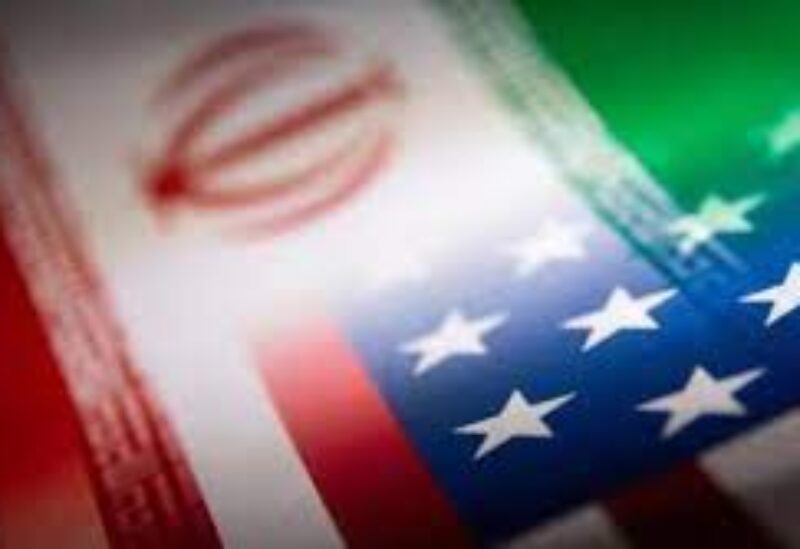
The American and Iranian flags.
A number of Western ambassadors in Beirut agree that Lebanon will witness changes as a result of the new climate that will be affected by the region following the signing of the nuclear agreement between the United States and Iran, which must be signed despite the give-and-take in Iranian conditions between Washington and Tehran.
There are questions about Lebanon’s positioning in light of this and other international entitlements, including the Russian war on Ukraine and the re-mixing of international and regional cards affected by this. Then there is the Gulf’s fear of understanding between Washington and Iran under the table, which would turn a blind eye to the American influence of Iran, which is expanding and becoming more dangerous.
The Gulf fear is that Iran will grant all its requirements in return for signing the nuclear deal, which makes Iran exit the negotiations as if it is the real winner, thus increasing its role in the region instead of limiting it.
With the return to nuclear power approaching, the Lebanese and a large part of the officials are frightened by the lack of clarity about what Iran’s role will be in the region, and whether this role was discussed in return for lifting financial sanctions on it, which started from now on, that is, even before returning to nuclear power and whether Washington will barter Iran over the Lebanese file or not.
Diplomatic circles say that the US administration should clarify the prospects for discussing Iran’s influence in the region, its role, and when it will take place, in what files and in what locations. Is it in Lebanon, Yemen, Syria, Iraq, or all of them together? and how? Will there be a comprehensive proposal to resolve the contract, or will the solution be in stages and in each of these countries separately and in succession?
Through the negotiations that have been achieved, just as Iran is required to make concessions, the West, led by the United States, may also make concessions in return. This point in particular frightens Lebanon, meaning that the concern that an understanding will occur between the two parties at its expense, and the circles move about Sources specialized in Iranian diplomacy, that Iran will not give up its influence in the region for free.
It considers Iran’s influence a card in her hand that it will not lose. So, after negotiating over the nuclear issue, and for the sake of negotiating its influence, will Washington resort to giving it some gains in return, and where will it be given these gains? In Yemen, that will not be possible because Saudi Arabia will not accept.
In Iraq the Americans are present, Lebanon and Syria remain. In Syria, the Russians are present, and the situation there is complicated, as they are withdrawing to transfer forces to Ukraine and are replaced by Iranian and Hezbollah forces. In Lebanon, there is anxiety and apprehension about this dialogue, and no one knows whether the authority in Lebanon will be ready and strong to prevent any international-regional dialogue from being at the expense of Lebanon. Upon the start of the US-Iranian negotiations on the nuclear agreement, Lebanon reported American assurances that this dialogue would not be at its expense.
But according to the circles, matters later will not be “white or black” or clearly settled. Now the stage of preparation for returning to the agreement is going through great pressures, but also temptations that will be presented to the Iranians to reach the required understandings. The US administration is taking a decision not to disturb Iran in the region at this time. But to be sure, the search for its influence remains unclear.